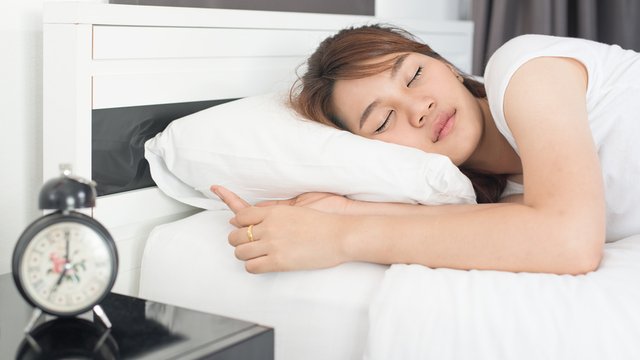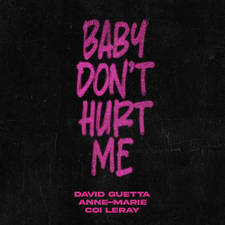Sleep and Mental Health Study
12 October 2017, 10:19 | Updated: 12 October 2017, 10:33

Scientists at Cardiff University have found sleep loss can trigger relapse, particularly in the form of mania, in people with a diagnosis of bipolar disorder.
The new research, led PhD student Katie Lewis, from the National Centre for Mental Health (NCMH), suggests that one in four individuals with bipolar disorder may be at risk of an episode of high mood following sleep loss:
"We found that 20% of people with bipolar disorder reported that sleep loss had triggered episodes of high mood, whereas 12% reported that sleep loss had triggered episodes of low mood.
"A tendency for sleep loss to trigger episodes of high mood was more likely among women and people with type 1 bipolar disorder.
"This finding was the same when controlling for things like the number of episodes experienced, age and illness severity.. In contrast, the tendency for sleep loss to trigger depression appeared to be the same across bipolar subtypes and genders."
It's not clear why some people become depressed following sleep deprivation and others become manic. It is possible that other triggers associated with relapse in bipolar disorder, such as stressful or exciting life events, medication use or interpersonal conflict, may coincide with the sleep loss that people experience.
Katie concluded:
"Future research could potentially look at the role genes play in determining which people are particularly vulnerable to sleep loss triggering episodes of illness."






